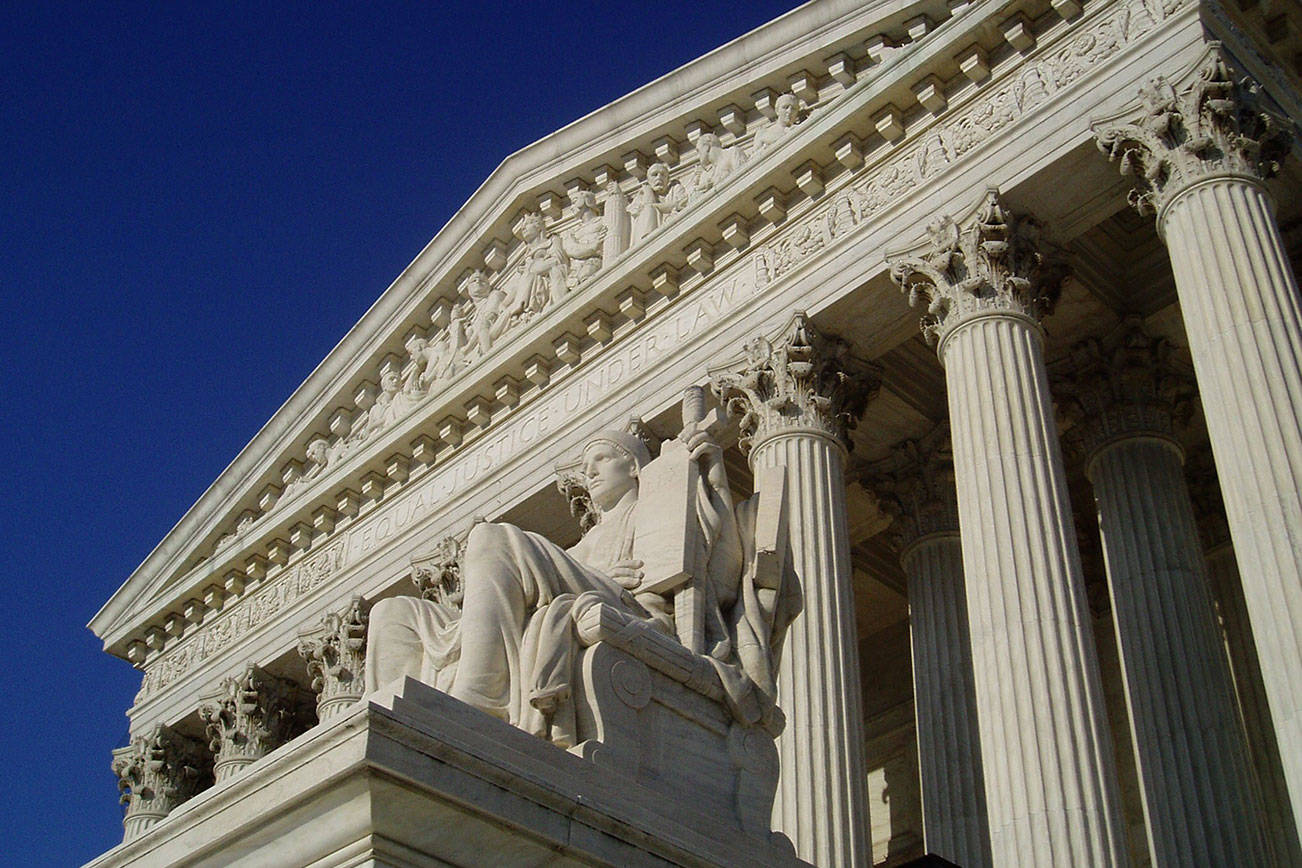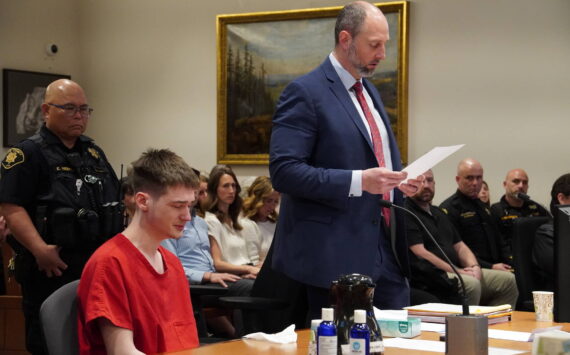Wednesday’s U.S. Supreme Court ruling that exempts public sector workers who choose not to join a union from paying collective bargaining fees would undercut Washington’s laborers, say the state’s union advocates.
The 5-4 decision in Janus vs. AFSCME overruled a four-decade precedent that allowed 22 states—including Washington—to require non-union workers to pay “fair share” dues to unions that collectively bargain, and lobby on behalf of their members. Representing the majority opinion, Justice Samuel Alito wrote that charging public employees collective bargaining fees when they strongly disagree with the group’s positions “violates the free speech rights of nonmembers by compelling them to subsidize private speech on matters of substantial public concern.”
At this time, it’s difficult to determine if exempting public sector employees from paying dues to the unions that collectively bargain on their behalf could deliver a blow to union revenues and membership, Washington Federation of State Employees (WFSE) Executive Director Greg Devereux told Seattle Weekly. “There’s no predictive science to really determine how many potentially could leave,” said Devereux. Washington Federation of State Employees currently has 44,000 people in bargaining units, and 35 new members just joined last Friday. “I would say that we may see a drop for a period, and then it will go back up.”
Devereux added that WFSE has had at least two years to prepare for the ruling, and to “demonstrate in different ways the value and relevance to the union to our membership.” For instance, unions are prohibited by state law to bargain pensions, and can only advocate for retirement security through lobbying and lawsuits. Collective bargaining for wages and benefits can be very expensive, adding that most of WFSE’s roughly $20 million annual budget goes towards member services.
Yet other unions in the state voiced concern that non-union workers could reap the fruits of paying members’ dues. “They will get all the benefits of belonging to a union—improved working conditions, safety, pay, and benefits through a legal contract—just like someone who is a union member,” AFT Washington, AFL-CIO President Karen Strickland said in a statement. AFT Washington, which represents over 6,000 public education employees in pre-K-12 and higher education throughout the state, will continue to recruit new members in light of the decision. But some labor experts have gloomier predictions. According the The New York Times, “teachers unions could lose up to a third of their members and funding as a result of the decision.”
Strong unions have helped bolster job security for Seattleites, advocates argue. “The collective strength that unions provide is good for employers and for workers,” Mayor Jenny Durkan said in a statement. “That strength gives workers the ability to raise wages, advance and protect worker standards, and make life better for themselves, their families, and their communities. It is good for employers because it helps provide a better skilled, productive and cohesive workforce, and allows predictability and an economic advantage.”
Other labor advocates believe that it will only test the resolve of Seattle’s workers rights’ movement, which has already made strides through the nation’s first $15 minimum wage law, and a secure scheduling ordinance. “We’ve scaled up new approaches to community-based outreach and enforcement of worker rights laws. We’re building a groundbreaking Seattle Domestic Workers Alliance that will take nannies and house cleaners from invisible to powerful. And more,” Rachel Lauter, Executive Director of Working Washington and Fair Work Center, said in a statement. “And regardless of what economic realities the Supreme Court chooses to dismiss, workers in our state will continue to build their power and organize towards a world where everyone can support themselves, contribute to the economy, and participate in our communities.”
mhellmann@seattleweekly.com








